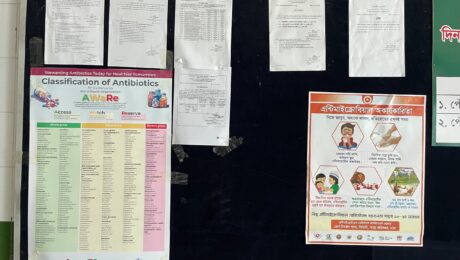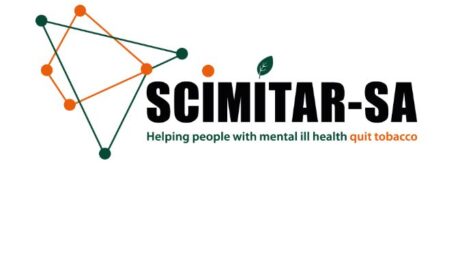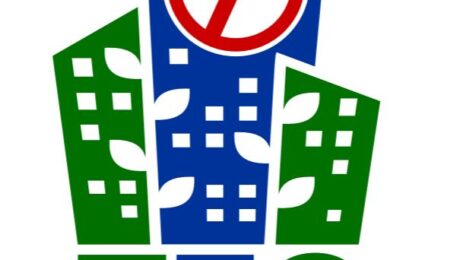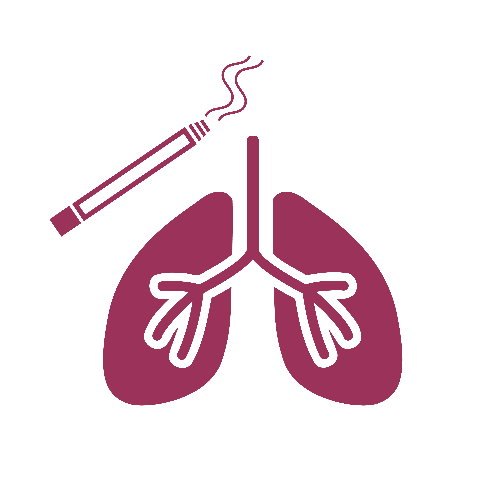Antimicrobial resistance (AMR) is rising rapidly in Bangladesh, posing a serious threat to healthcare. To address this challenge, ARK Foundation, with support from CDC-DGHS and WHO Bangladesh, is piloting an Antimicrobial Stewardship (AMS) initiative at primary, secondary, and tertiary facilities in Cumilla and Dinajpur districts. The project started with a national-level inception meeting, followed by
- Published in Antimicrobial Resistance, Our Work
No Comments
Mental disorders are a major contributor to the global disease burden, ranking among the top 10 causes of health loss. Individuals with Severe Mental Illness (SMI) (Schizophrenia, Schizoaffective disorder, Psychosis, Bipolar illness and Severe Depression with psychosis) are among the most vulnerable population groups facing health disparities, increased risk of physical multimorbidity, higher mortality, shorter life expectancy
- Published in Non-Communicable Disease, Our Work
The ARK Foundation conducts on-demand research and training in the areas of health, education, and social development. The ARK Foundation’s mission is to ensure sustainable development through research-based solutions, training and promotion in the areas of health, nutrition, population, education, gender, environment and human resource development. In collaboration with the ARK Foundation, the University of
- Published in Non-Communicable Disease, Our Work
Urban Anchal is a study looking at sustainable day-care for 1-4 year olds in disadvantaged urban communities in Dhaka, Bangladesh It aims to address the lack of safe, stimulating and health-promoting environments for adequate early childhood development (ECD). Urban slums provide a challenging environment for child health. With slum-dwelling women working long hours and
- Published in Health Systems, Our Work
The aim of this research is to strengthen civil society in Bangladesh by addressing the challenges faced by civil society organizations (CSOs) and promoting an enabling environment for their work. The project is funded by the Dutch Ministry of Foreign Affairs (MFA) under the Learning for Strengthening Civil Society (L-SCS) program. The research will be
- Published in Our Work
The Tobacco Control Capacity Programme is a £3.4 million programme of training and research funded by Research Councils UK as part of the Global Challenges Research Fund. The overall aim of the programme is to improve research capacity in low- and middle-income countries (LMICs) to conduct high-quality studies that will generate evidence on how to
- Published in Non-Communicable Disease, Our Work
The IMPACT consortium comprises four UK Universities and four partner organizations from Bangladesh, India and Pakistan. Coordinated by the University of York, IMPACT’s UK partners include the London School of Economics and Political Science, UK, University of Keele, UK, University of Dundee, UK, University of York/ Hull York Medical School, UK. Our South Asian partners
- Published in Our Work
Background The Hajj is a massive pilgrimage that occurs once a year, involving two to three million individuals from more than 180 countries. Every year, around 120,000 pilgrims from Bangladesh perform the Hajj. One of the top causes of hospitalisation during the Hajj is acute asthma and its complications. One in five pilgrims with previously
- Published in Health Systems, Our Work
The TB and Tobacco project aims to investigate ways in which interventions designed to encourage people to stop smoking can be integrated into tuberculosis (TB) control programmes. Its ultimate goal is to improve the health and longevity of patients suffering from TB, as well as decreasing the number of people who suffer from tobacco-related
- Published in Communicable Disease, Our Work
For public health services to respond to the growing burden of NCDs among the urban poor, the proper measurement of disease prevalence, risk factors and behaviours is a crucial first step. In low- and middle-income countries (LMICs), household surveys – such as the Demographic and Health Surveys (DHS) programme and the World Health Organization’s
- Published in Our Work








